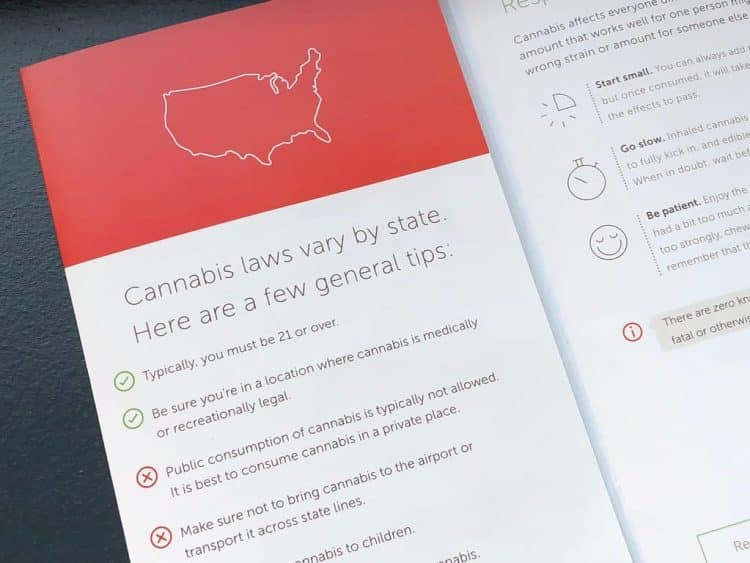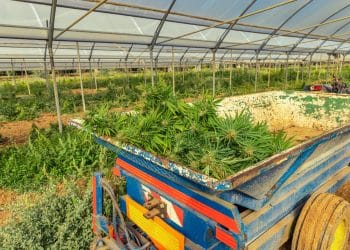What We’ve Seen So Far
“[Cannabis] should be viewed as an issue of personal choice and public health”
- Representative Jerry Nadler, chair, House Judiciary Committee
Last week saw an important Congressional hearing take place regarding federal cannabis law reform. It was interesting to note that bipartisan support was expressed regarding the need to reform these laws, although some litigators have expressed doubt as to whether this support will materialize into substantial changes in the short-term.
This hearing is a result of the vast changes that have taken place in the landscape of cannabis cultivation, manufacturing, and consumption, no longer limited to structured medical cannabis programs, but each year opening further to the general public. As these state-by-state legislative changes take place, it’s important to take a moment and appreciate how the various elements in the country have responded to this change.
With the proliferation of adult-use cannabis laws, many employers are left with having to revamp their workplace safety practices to satisfy state law. Professional organizations in the field of employment law are urging employers to focus on “detecting and responding to impairment, regardless of its cause, rather than focusing on whether or not [cannabis] is causing it.” This includes changing workplace safety policies to be guided by a “fit-for-work,” rather than particular substance use mentality.
As adult-use cannabis becomes more normalized in states that have legalized it, further changes to the way cannabis is regulated are happening as well. In Colorado, 2019 may see a profound shift in the locations that cannabis can be legally consumed with the passage of House Bill 1230, which seeks to legalize social consumption. Dispensaries, restaurants, hotels, music venues, and more would be able to apply for a cannabis consumption permit, if the bill is signed by Governor Jared Polis. This is just one of several changes which are currently being proposed and voted on by the state legislature.
In response to increasing demand for cannabis research, NIDA, or the National Institute on Drug Abuse, has released plans to grow roughly 4,400 pounds of research-grade cannabis in 2019. The cannabis grown will include high THC, as well as high CBD cultivars. The lack of varieties in NIDA’s research-grade material has been a source of growing concern for scientists and policymakers, who point to the lack of correspondence between the varieties being researched on compared to those which are generally being consumed by the population at large.
These are just some of the legislative changes which are sweeping the country from coast to coast. It will be interesting to see what happens before the year is out.
Image Credit: Flickr












